
Walter Marsh
Walter is a writer and editor living on Kaurna Country.
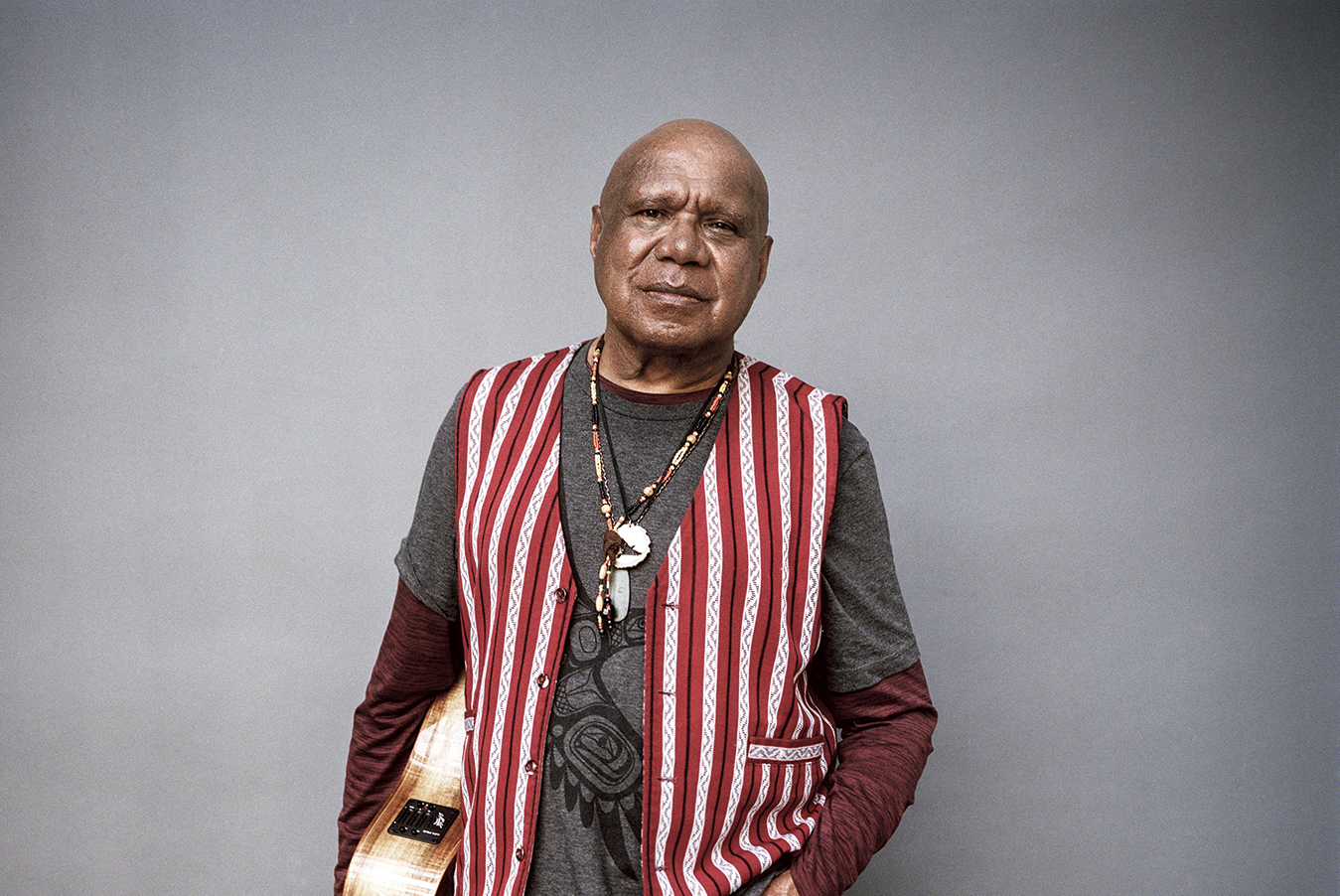
From discovering his true heritage as a boy to meeting Ruby Hunter in a Pirie Street Salvation Army hostel, Archie Roach’s unflinching yet graceful memoir Tell Me Why is the story of a lifelong search for answers.
Aboriginal and Torres Strait Islander readers are advised this story contains images of people who have died
“Stories have always been important, ever since I came back to family,” Archie Roach tells The Adelaide Review. “The old people would sit down and you’d listen to what they told you about mission days, and when they were young, how they coped on the mission, then leaving and coming to the city. It was always rich in storytelling.”
Anyone who has attended an Archie Roach concert knows the stories and anecdotes that bookend his songs are almost as memorable as the melodies. In Tell Me Why, Roach reaches deeper into his past than he ever has onstage.
The book follows Roach’s own story, beginning with a letter he received in 1970 from a scarcely remembered sister named Myrtle, informing young Archie that their mother had died. This short note brought into focus an explosive truth: his life as ‘Archie Cox’, with his beloved adoptive parents Alex and Dulcie, was built on a fiction. The subsequent chapters follow a decades-long search for answers, beginning in Melbourne and Sydney where a teenage Archie sought community and family in parks, pubs and empty houses.
“It was beautiful, what we had in the park – you know, if we had that without the drinking,” he recalls. “You’d sit around, pass a drink around and tell stories. I found out who my family was; it’s almost like we had that connection, that closeness, and it was a community. A lot of those fellas have passed away, but I remember them fondly, and the things we used to do and say. Drinking became a problem but it was more than just drinking: it was dialogue, and conversation.”
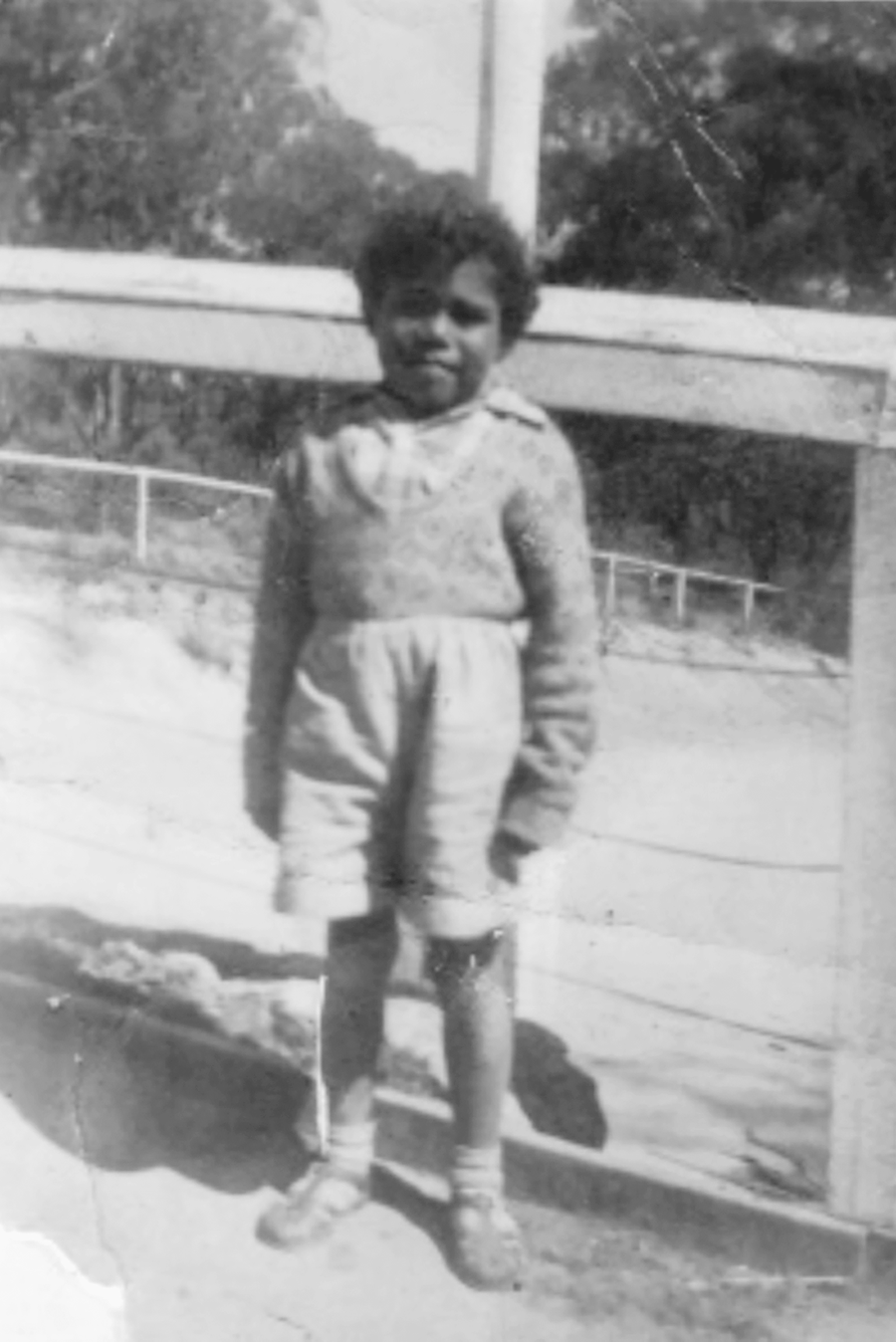
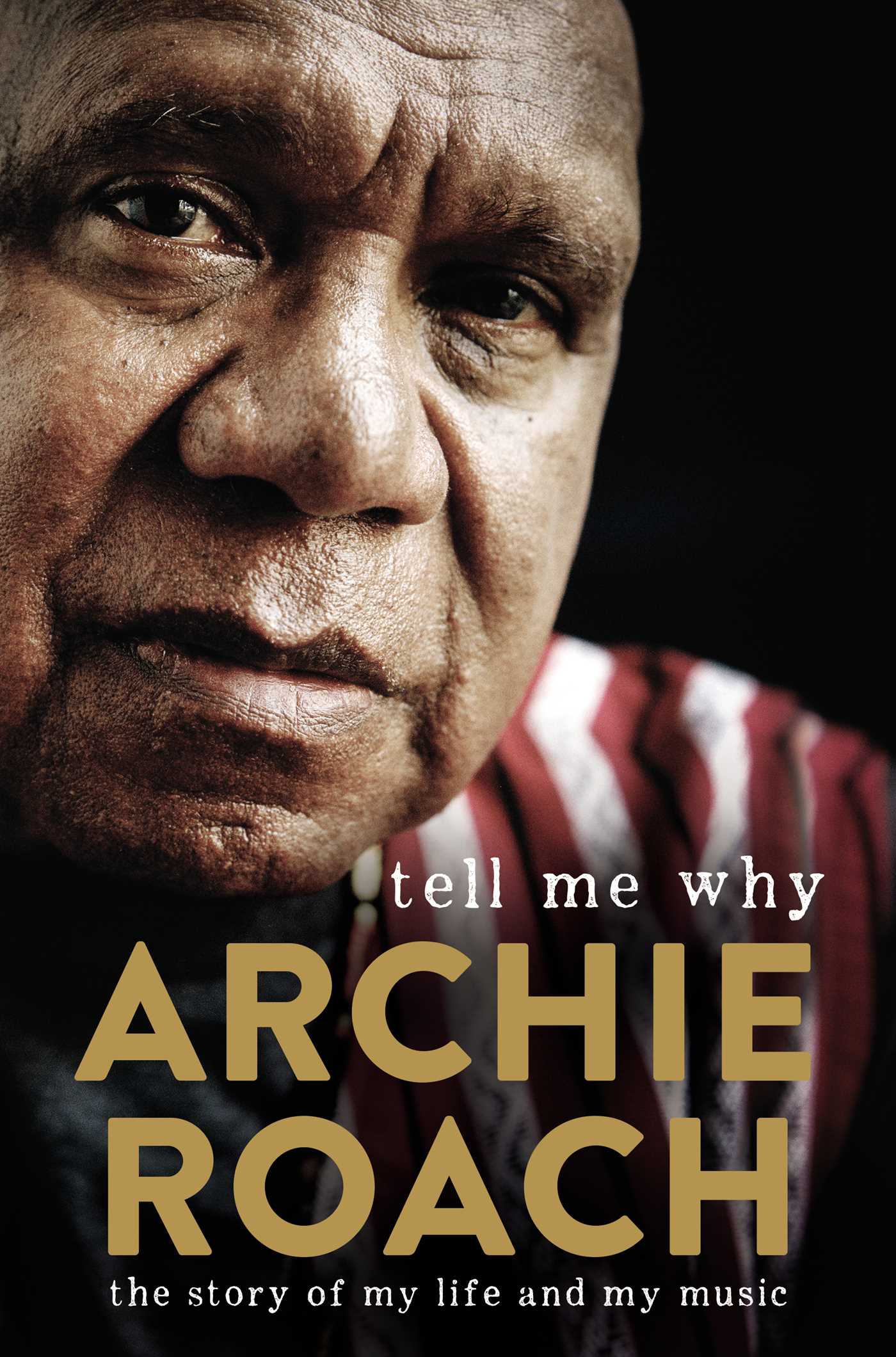
Tell Me Why does not shy away from the illness and pain that alcoholism later invited, but Roach eloquently conveys how having a “charge” offered a means of coping in an often hostile country, a way to feel “carefree and happy” even as he and his surrogate family of dislocated Aboriginal men and women felt “part of an obliterated culture, just intact enough to know it exists but so broken we didn’t think we could ever be put together again”.
That life led him to Dunstan-era Adelaide, with money in his pocket from a stint picking fruit in Mildura, and another life-altering moment ahead of him. First, he met his future partner and collaborator, the late Ruby Hunter, in the Salvation Army People’s Palace on Pirie Street. Then, while spending time with her family and community, he began to learn more about her Ngarrindjeri heritage, and a connection to culture and country that he had never known. Suddenly, that difficult-to-define void began to take shape.
“We didn’t talk much about those things in Melbourne or Fitzroy – whether you’re Ngarrindjeri, or Gunditjmara, nobody talked like that. When I got to Adelaide and met Ruby, there was a sense of knowing exactly who they were as a people; who they were and where they were from, and how they connected to country and their people through that word – Ngarrindjeri. It certainly changed my outlook, and got me questioning and searching about my own cultural roots.
“Melbourne’s not far from Adelaide, but it was amazing just that short distance away how different things were,” he says. “We sat in parks and drank and yarned and sang songs and got up to all sorts of things we always do around the country, but in Fitzroy we never talked about country and people in the sense that ‘this is who I am, this is where I’m from’.”
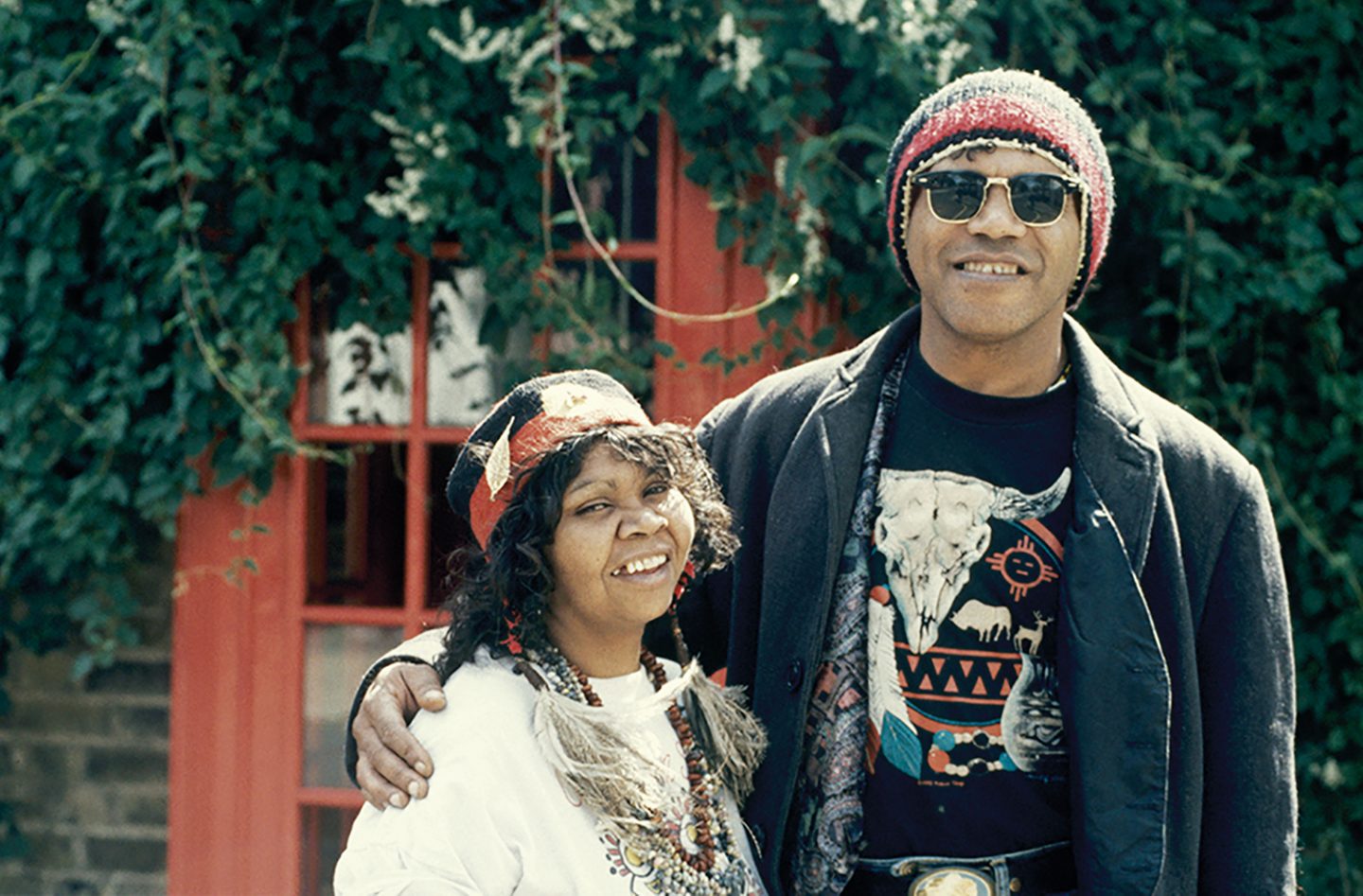
Throughout the book, Roach’s perspective broadens as it becomes clear that his own story is not unique. Hunter too was taken from her family near Lake Alexandrina, as were more and more people he encountered. Years later, a performance of his now-signature song Took The Children Away at a 1988 bicentennial protest brought a raucous crowd from all around the country to a standstill: it was their experience too.
“In those days you had no idea when you’re just trying to find your family that it happened across the length and breadth of Australia with Aboriginal children,” he reflects. “You just thought it maybe only happened to myself for whatever reason. That was a revelation for me, when older people than me came up and said, ‘I was taken when I was a boy, and I just met my sister the other day’. I’m talking about 70-year-old men and women finding themselves after all those years.”
As Roach’s career takes off in the early 90s following his Paul Kelly-produced debut album Charcoal Lane, we follow his and Hunter’s artistic journeys on albums like Looking For Butter Boy and Sensual Being. But touring around Australia and the world also prompts Roach to further appreciate the universality of his experience, from meeting First Nations elders in Canada who found comfort in Took The Children Away, to taking a moment on tour in Glasgow to look over the River Clyde and reflect upon his Scottish adoptive father’s own yearning for home.
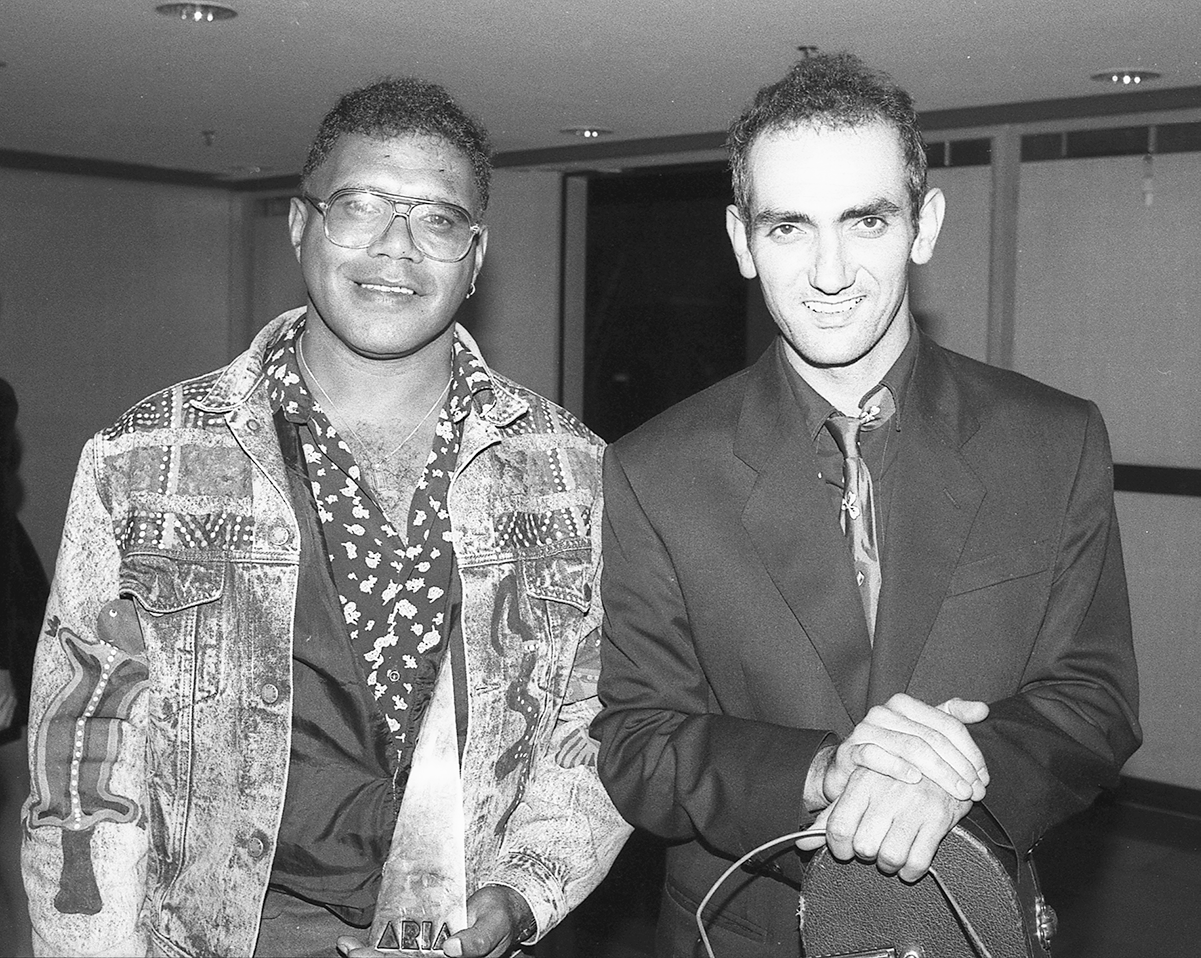
Tell Me Why is at times heartbreaking to read. Roach’s loved ones often die too early, or in custody, or without answers, and those that survive live with the scars of cultural erasure, of intergenerational trauma. But Tell My Why is not a sad book. Every few lines the reader is struck by his good humour, and a deep well of empathy and forgiveness, both for people like the Coxes who were unwitting parts of a racist system, and those like himself, who spend a lifetime seeking answers because of it.
Tell Me Why contains decades’ worth of answers. But although the book concludes, one suspects Roach will continue searching – probably with a guitar nearby and an audience to talk to.
“I’ve realised that a lot of people in the audience, people who come and see me play and listen to my stories are much more than an audience,” he reflects. “There’s an interaction, a connection between me and them. It’s a beautiful connection.”
Tell Me Why, published by Simon & Schuster, is out November 1
Archie Roach will launch Tell Me Why at Nexus Arts on Monday 4 November
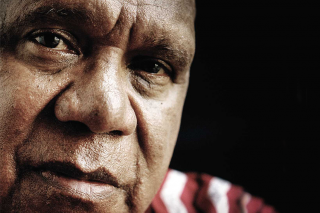

Walter is a writer and editor living on Kaurna Country.